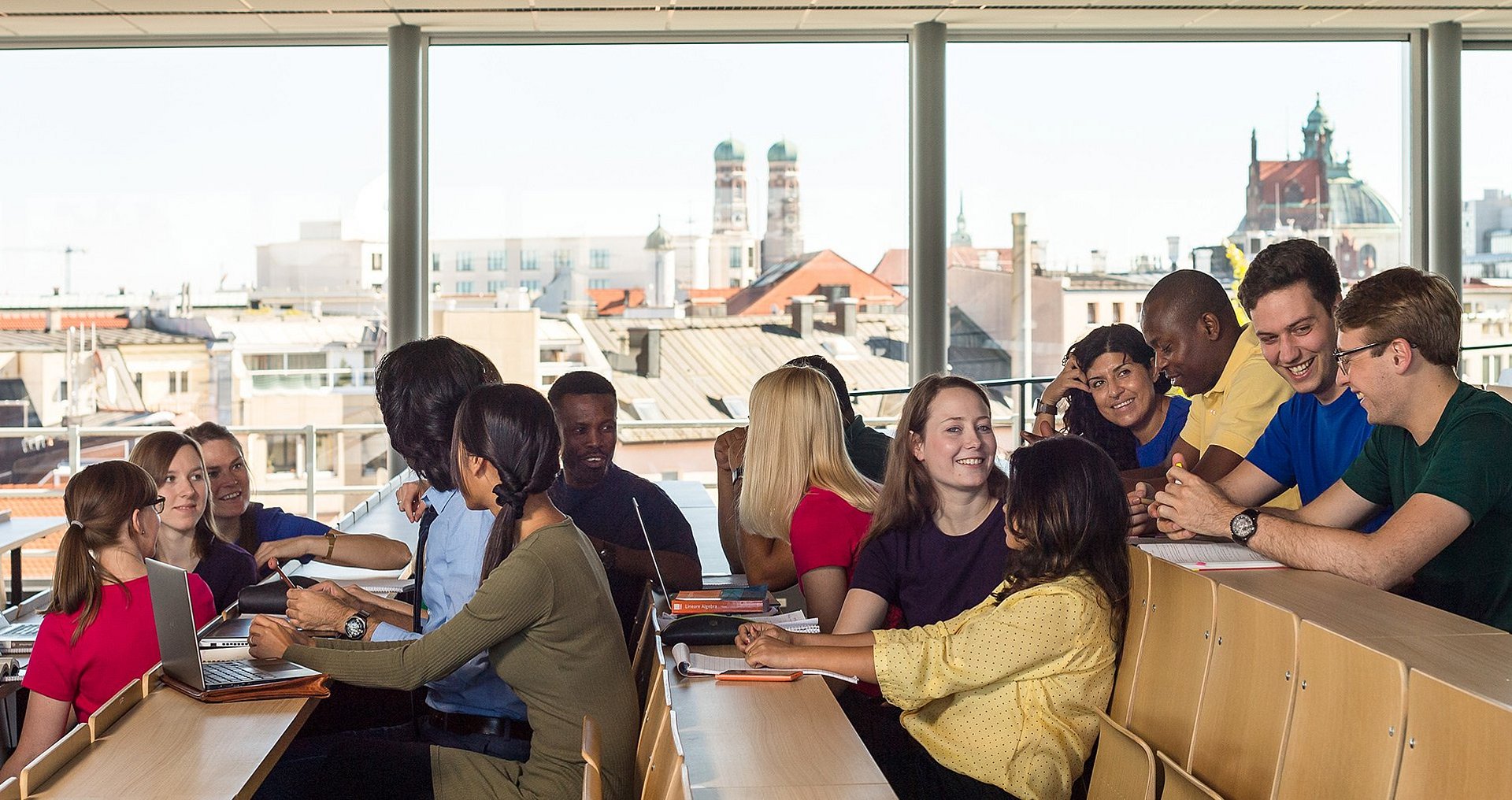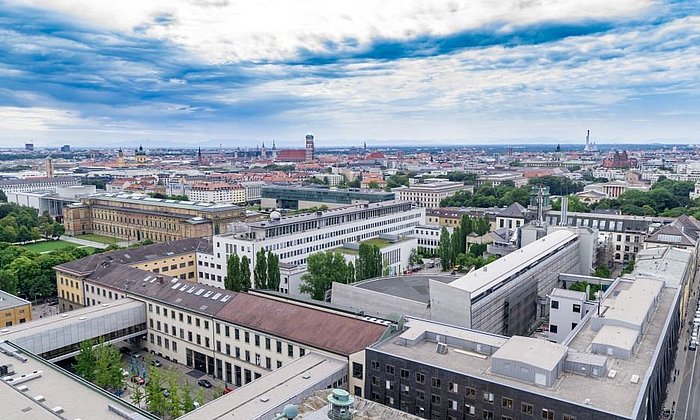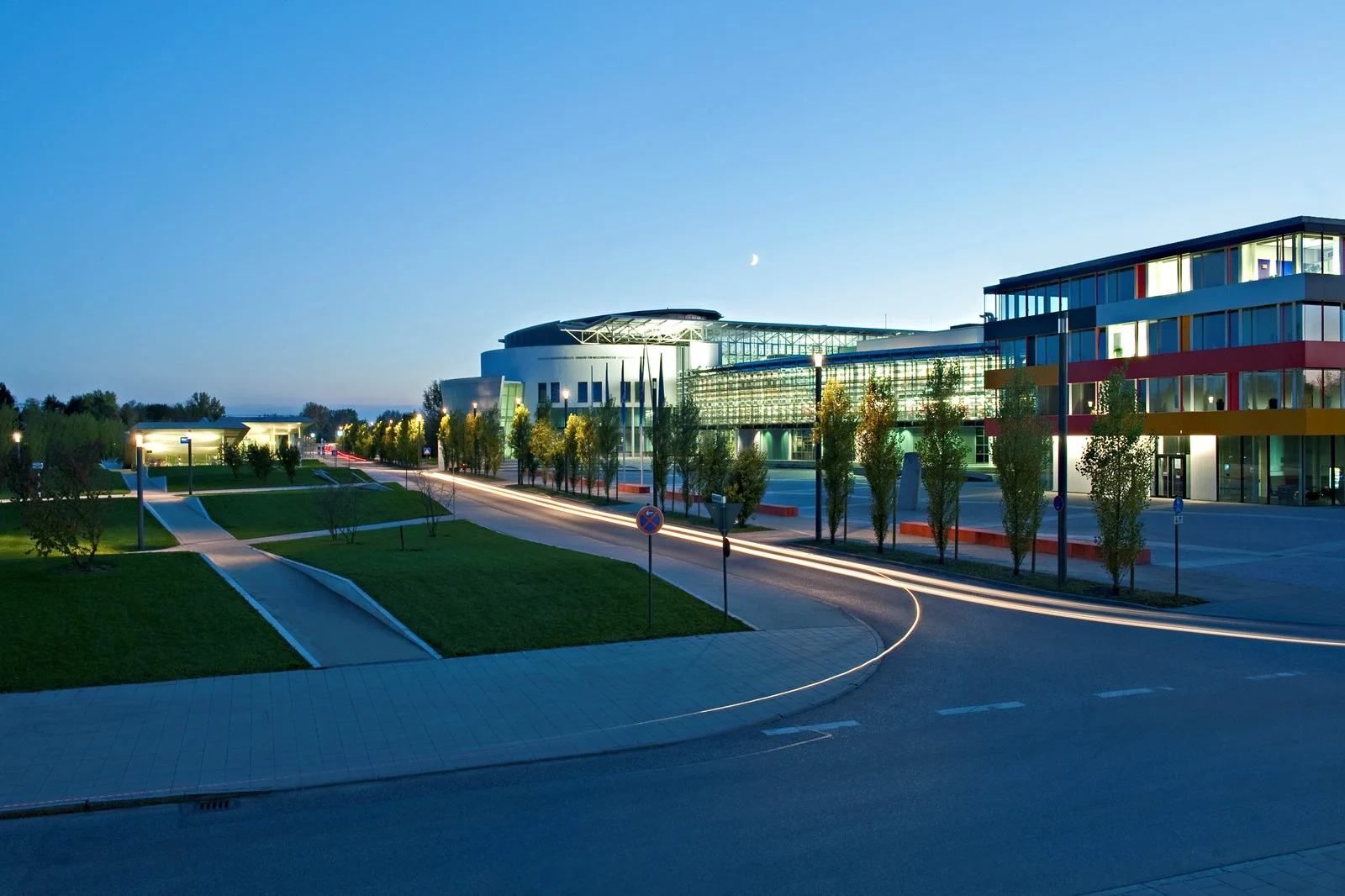Technical University of Munich: A Comprehensive Overview
Introduction
The Technical University of Munich (TUM) is one of Europe’s leading institutions for science, technology, and engineering. Founded in 1868, TUM has consistently been recognized for its academic excellence, research contributions, and innovation. With a strong focus on entrepreneurship and sustainability, TUM is not only shaping the future of technology but also creating leaders who will tackle the challenges of tomorrow. In this comprehensive guide, we’ll dive into what makes TUM stand out and why it’s a top choice for students and researchers worldwide.
History of TUM
The history of the Technical University of Munich dates back to 1868, when it was established by King Ludwig II of Bavaria to promote technical education in Germany. Initially focused on mechanical engineering, the university soon expanded into other fields of science and technology.
Throughout its history, TUM has made significant contributions to advancements in fields like electrical engineering, physics, and information technology. It has also been a pioneer in interdisciplinary research, blending fields such as life sciences and environmental sciences with engineering and technology.
Notable milestones in TUM’s development include:
- The founding of the TUM School of Life Sciences in Weihenstephan in 1930.
- The post-World War II reconstruction that turned TUM into a key player in Germany’s industrial and technological recovery.
- Becoming a member of the TU9 alliance, a group of Germany’s top technical universities, in 2006.
Campus and Locations
TUM’s primary campus is located in the heart of Munich, one of Europe’s most dynamic cities. However, TUM operates multiple campuses spread across the Bavarian region:
- Munich – The main campus is home to the faculties of engineering, physics, computer science, and economics. It’s a blend of historic and modern buildings, offering state-of-the-art facilities for research and study.
- Garching – Located just outside Munich, this is the hub for TUM’s natural sciences and engineering departments. The Garching Research Campus houses multiple research institutes and collaborative ventures with industry.
- Weihenstephan – Focused on life sciences, this campus includes the TUM School of Life Sciences and emphasizes agricultural sciences, nutrition, and biotechnology.
Additionally, TUM has a presence abroad, with offices in cities like Singapore, fostering global collaboration and research initiatives.

Academic Excellence
Technical University of Munich consistently ranks as one of the top universities in Europe. It is renowned for its engineering and technology programs, but TUM also excels in natural sciences, business, and life sciences. According to the QS World University Rankings, TUM is regularly placed among the top 50 universities in the world, making it a popular destination for students seeking a top-tier education.
TUM is divided into 15 schools and departments, with notable programs in:
- Mechanical and electrical engineering
- Computer science
- Architecture
- Business administration (offered through the TUM School of Management)
- Health and sport sciences
- Agricultural and forestry studies
Students have access to a wide range of interdisciplinary courses, combining areas like biotechnology with mechanical engineering, which ensures they are well-prepared for the rapidly changing demands of today’s industries.
Research and Innovation at TUM
Research is a core pillar of TUM’s mission. The university is home to numerous research centers and institutes that drive innovation across multiple disciplines. From groundbreaking work in quantum computing to advances in biomedical engineering, TUM is at the forefront of scientific discovery.
Some of TUM’s most significant research centers include:
- The Munich School of Engineering – Focused on interdisciplinary research in energy, mobility, and environmental technologies.
- TUM Institute for Advanced Study (TUM-IAS) – A hub for cutting-edge research that fosters collaboration between TUM researchers and global experts.
- The Munich Quantum Valley – TUM’s collaboration with other institutions to push the boundaries of quantum computing.
Additionally, TUM has a strong focus on entrepreneurship. Through its TUM Entrepreneurial Center, the university encourages students and researchers to commercialize their innovations, helping to launch numerous startups in fields such as AI, medical technology, and green energy.
Notable Alumni
TUM’s alumni network includes some of the world’s most influential scientists, engineers, and entrepreneurs. Among them are:
- Rudolf Diesel, inventor of the diesel engine
- Konrad Zuse, creator of the first programmable computer
- Gustav Niemann, a key figure in modern mechanical engineering
- Wolfgang Ketterle, a Nobel Prize-winning physicist
TUM’s alumni have not only contributed to their respective fields but have also helped shape industries and governments worldwide.
Student Life at TUM
Life at TUM offers a perfect balance between academic rigor and personal development. The university has a rich campus life with numerous student organizations, including academic clubs, cultural groups, and sports teams. TUM’s sports program is particularly strong, with excellent facilities and opportunities for students to participate in everything from soccer and basketball to climbing and skiing.

The university also supports a vibrant cultural life, hosting exhibitions, concerts, and guest lectures regularly. The city of Munich itself adds to the student experience, with its rich history, vibrant nightlife, and numerous events, including the world-famous Oktoberfest.
Internationalization at TUM
TUM is deeply committed to internationalization, welcoming students from over 130 countries. The university offers several English-taught programs, particularly at the graduate level, making it accessible to non-German speakers.
TUM is part of various international networks and has exchange programs with leading universities around the world, including partnerships with institutions in the U.S., Asia, and other parts of Europe. This ensures that students can gain a truly global perspective during their studies.
Admissions Process
TUM has a competitive admissions process, particularly for its engineering and science programs. Admissions requirements include:
- A high school diploma or equivalent (for undergraduate programs).
- A relevant bachelor’s degree (for graduate programs).
- Proficiency in German or English, depending on the program’s language of instruction.
- Standardized tests or entrance exams for some programs, like architecture.
International students should familiarize themselves with the specific visa requirements and application deadlines to ensure a smooth application process.
Scholarships and Financial Aid
TUM offers various scholarships to support its students, including the Deutschlandstipendium, which provides financial aid based on merit. Additionally, TUM students can apply for external scholarships, such as those offered by the DAAD (German Academic Exchange Service).
The university also provides financial support specifically targeted at international students, including emergency funding for those in unexpected financial hardship.
Research Collaborations and Industry Partnerships
TUM collaborates with industry leaders like Siemens, BMW, and Google, providing students with invaluable research opportunities and internships. The university’s focus on applied research ensures that students are prepared to tackle real-world challenges through innovative solutions.
TUM’s Role in Munich’s Tech Scene
TUM has been instrumental in making Munich a global tech hub. The TUM Entrepreneurship Center and the TUM Venture Labs offer support to budding entrepreneurs, providing them with the resources to turn their ideas into successful businesses. This has led to the growth of numerous tech startups in areas like AI, fintech, and renewable energy.
Sustainability and Green Initiatives
As a leader in research and education, TUM has made significant strides in promoting sustainability. The university conducts extensive research in fields like renewable energy, environmental science, and sustainable urban development. Moreover, TUM has implemented numerous green initiatives across its campuses, such as energy-efficient buildings, recycling programs, and sustainable transportation options.
Challenges and Future Opportunities for TUM
Like all universities, TUM faces challenges such as managing the shift towards digital education and maintaining its competitive edge in a rapidly changing global landscape. However, TUM is well-positioned to grow and expand its influence in fields such as AI, robotics, and biotechnology, making it a key player in shaping the future of technology and science.
Conclusion
The Technical University of Munich stands as a world leader in research, innovation, and education. With a legacy of excellence that spans over 150 years, TUM continues to influence the future of science and technology. Whether you’re a student, researcher, or entrepreneur, TUM offers the resources, environment, and opportunities to succeed in a rapidly evolving world.
FAQs
- What is TUM best known for?
- TUM is best known for its excellence in engineering, technology, and research, particularly in fields like mechanical engineering, computer science, and environmental sciences.
- How do I apply to TUM as an international student?
- International students can apply through TUM’s online portal, providing required academic documents, proof of language proficiency, and other relevant materials.
- What are TUM’s most prestigious programs?
- TUM’s most prestigious programs are in mechanical engineering, computer science, physics, and life sciences.
- Is Munich a good city for students?
- Yes, Munich offers a high quality of life, rich cultural experiences, and a strong job market, making it one of Europe’s top student cities.
- What scholarships are available for international students at TUM?
- TUM offers various scholarships, including the Deutschlandstipendium and other external funding options like DAAD scholarships.

